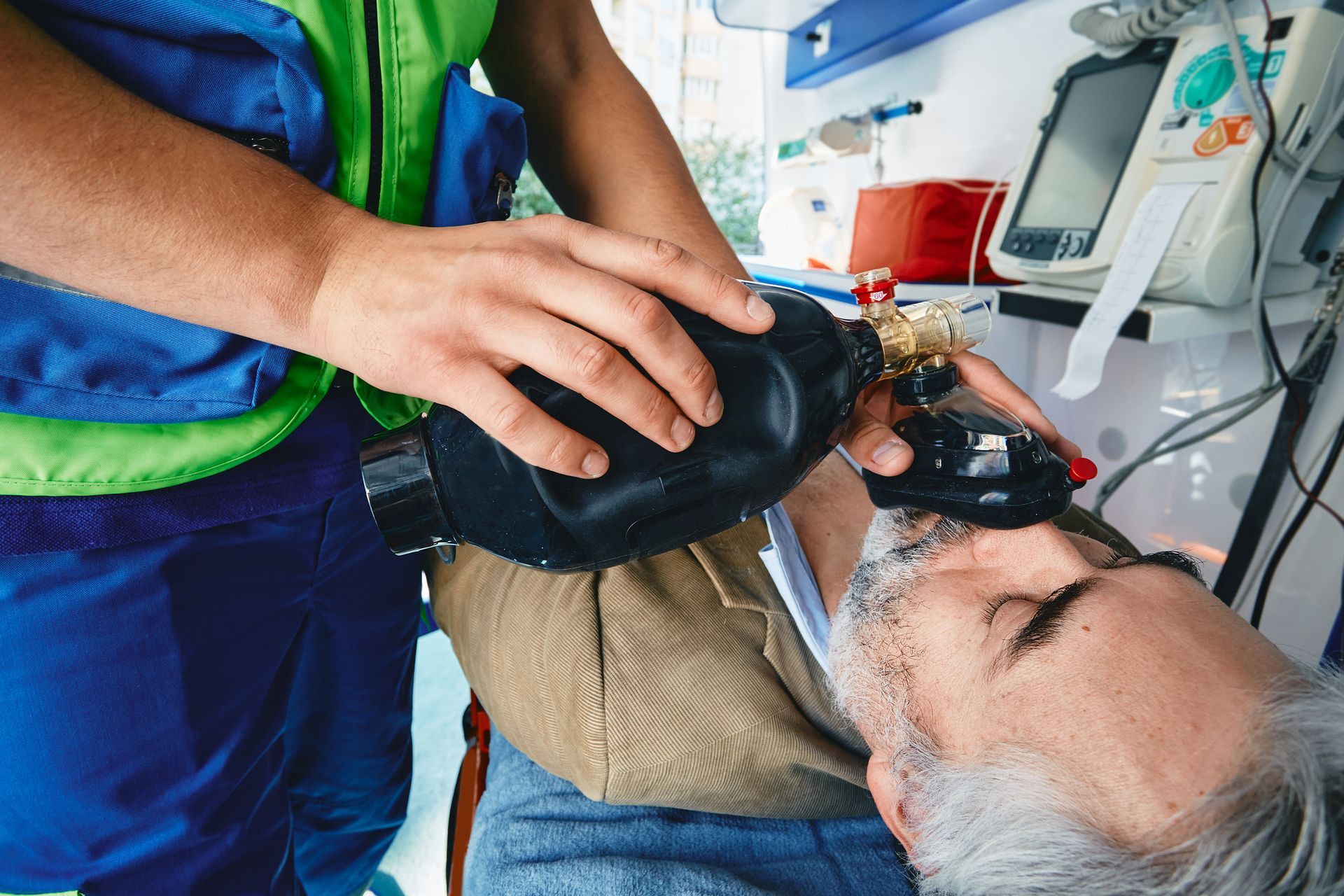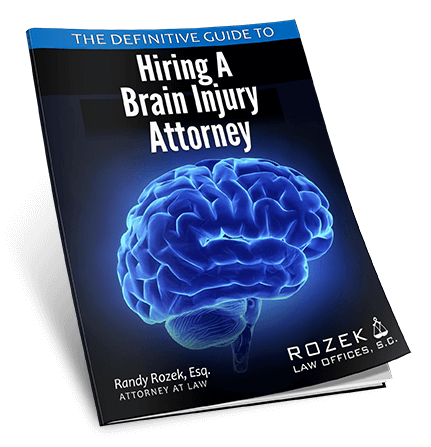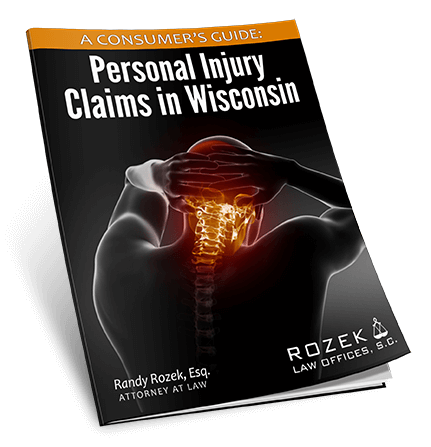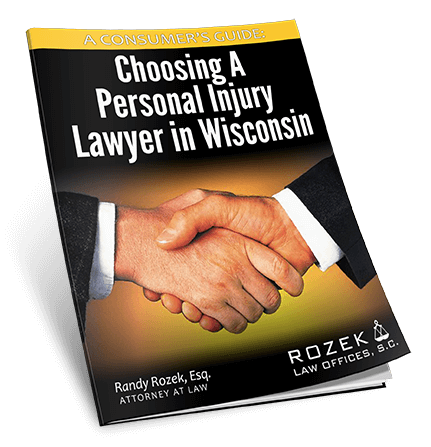The effects of traumatic brain injury
Statistics show that between 3.2 million to 5.3 million people in the United States are living with a traumatic brain injury (TBI)-related disability. What makes a TBI even more complex is that no two brain injuries are alike, and the consequences of two similar injuries may end with very different results. Symptoms may appear right away or may not be present for days or weeks after the injury.
Like all parts of a person’s body, the brain is also subject to injury.
“But unlike other injuries, the effects of a brain injury can be more devastating because it is the body’s most complex and fragile organ. At their worst, brain injuries can essentially rob a person of his identity – with a drastic change in personality and/or cognitive abilities,” a release by NewYork-Presbyterian Hospital reads. “ Traumatic brain injury , also known as TBI, most often occurs when there is a sudden, violent blow or jolt to the head,” explains Dr. Shaik Ubaid, a neurologist with NewYork-Presbyterian Medical Group/Hudson Valley and NewYork-Presbyterian/Hudson Valley Hospital in Cortlandt Manor. “The force of the impact is so great that the brain collides with the inside of the skull, and can result in bruising, swelling, bleeding, and tearing of brain tissue.”
Traumatic brain injuries can be caused by a number of factors and the degree of the injury depends on how the injury is sustained and the force of the impact. Some common causes of TBI include falls, vehicle accidents, sports injuries and wounds such as a gunshot. Young people and elderly people are more susceptible to TBI and people who sustain a TBI are also more susceptible to spinal cord injuries, potentially becoming paralyzed.
“The result of traumatic brain injury can range anywhere from a mild concussion to a severe head injury. A brain injury is classified as mild if loss of consciousness and/or disorientation is shorter than 30 minutes,” the release reads. “While the results of an MRI and CAT scan may show no damage, the individual can suffer from such problems as a headache, muddled thinking, memory problems, attention deficits, mood swings, and frustration. These symptoms can appear at any time after a head injury or steadily progress, which is why it’s important that the patient be monitored by family and friends for any changes, and a doctor contacted if symptoms persist or get worse.”
Severe brain injury is typically associated with a loss of consciousness for more than 30 minutes, and memory loss after the injury that lasts longer than 24 hours. The effects of severe brain injury can range from comatose to impairment of cognitive functions such as attention, memory, language, and decision making.
“The scope of injuries and degree of recovery varies widely from person to person,” says Ubaid who adds, “There is no cure for TBI, and the best way to limit risk is to practice common-sense safety measures, like wearing seat belts in the car, helmets for sports, and making a senior’s home more fall-proof.”
Regardless of what degree the TBI, it can have a big impact on a person’s life. A change in brain function affects family dynamics, job performance, and social interactions, which is why rehabilitation is usually necessary.
“Another important component is therapy to restore lost functional abilities such as movement and speech, in addition to essential tasks like eating, brushing teeth, and using the bathroom,” the release reads. “Ultimately … the goal is to equip the patient with adaptive strategies to restore as much mental and physical function as possible, so that he or she can return as close as possible to living an independent life.”
















